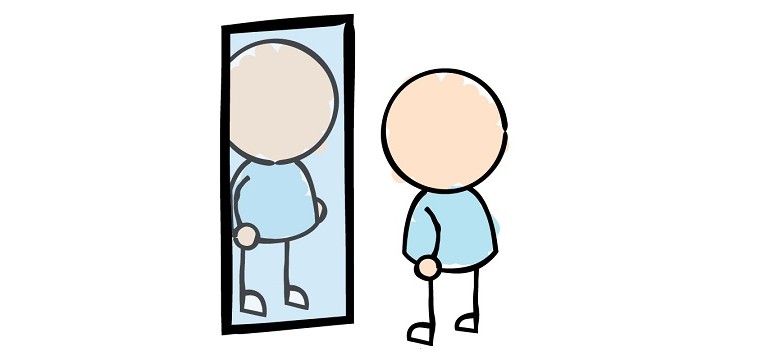The importance of self-reflection in resolving gender inequality in our society

“LESS THAN human.” “Deserves to be castrated.” Such phrases are common public sentiments in response to news coverage on sex offenders in South Korea. Considering the brutality of the assaults as well as the realization that anyone, including ourselves and our loved ones, can become the next victim, bursts of outrage and vehement curses are a natural reaction. People can at least lessen the burden on their minds by venting anger toward an inhumane perpetrator. However, what effects do such fiercely angry reactions have on us? Though it may temporarily relieve our senses of frustration and helplessness, it could also have the undesired effect of hindering our efforts to resolve deep-seated gender inequality in our society.
A significant increase in public awareness of sexual violence in South Korea began in 2008, after a horrible case came to light of a sexual assault against an 8-year-old girl. The victim suffered from numerous external injuries and her abdominal organs even became exposed due to the cruelty of the assault. This became known as the Jo Du-sun incident, after the real name of the perpetrator, and it sparked tremendous outrage when the Supreme Court sentenced him to only 12 years in prison. Many people called for much stricter punishments directed toward sex offenders in South Korea.
Although eight years have passed, new and terrible cases of sexual assault continue to show up on the news almost daily. South Korean journalism has long depicted sex offenders such as Jo as inhumane individuals who have failed to curb their “instinctive” desires. This kind of framing is troubling in that it portrays perpetrators of sexual assault as more like “animals,” making it easy for others to strongly differentiate themselves from them.
However, the problem of sexual violence cannot be resolved by eradicating the “problematic few.” In fact, the fundamental causes of such crimes and violence are embedded deep within our society. Taking into account that more than 90% of the victims are female, sexual violence is related to power disparities between men and women; that sexual assault occurs also within the military against a soldier who is lower in rank further supports that sexual violence is indeed a matter of the power structures in our society.
Gender inequality that is pervasive in South Korea is reflected not only in the growing number of sexual assaults against women, but also in less acknowledged forms of sexual discrimination. A number of cases reported this year in which sexually offensive comments regarding female students were shared within male college students’ Kakaotalk group chats are a good example. Although the reported cases – including one at Yonsei University which was brought up in last September – provoked outrage among most women, many people were rather bewildered that such conversations, once deemed personal and taken for granted within male groups in South Korea, are now perceived as problematic enough to gain nationwide news coverage.
Regarding subtler and more ordinary forms of sexual violence, it is especially important for every member of the society to reflect on themselves and contemplate whether they have been unconscious perpetrators in similar cases. While it is much too easy as well as tempting to attack perpetrators of widely known cases such as ones mentioned above, outright denouncement leads us to brand the offenders as the absolute “evil” and make a clear distinction from ourselves and the larger society. This thus hinders self-reflection, as well as critical reflection on the conditions in South Korean society.
Everyone who grows up in this country is more or less shaped by the structure and the norms of this society. While I strongly oppose assigned gender roles (“Doing the dishes is a women’s job!”) and oppressively fixed images imposed on men and women (“Why do you persist on having short hair? Longer hair would look prettier on you!”), at the same time I acknowledge myself feeling uneasy when I see the unshaved arms and legs of a woman. It is natural for any person to have such inconsistencies within themselves – what is important is to realize those inconsistencies.
Recent years has seen a notable rise in sensitivity on issues related to gender inequality in South Korea. Many people within the younger generation now appreciate the importance of the problem and have started to speak out about their personal experiences with subtle or explicit discrimination. But criticisms which only head outward remain incomplete. We must also make the effort to look into ourselves; it is the crucial first step in discovering how society’s problems are also engraved in ourselves.
Cho Yun-myung
yunc39@yonsei.ac.kr

